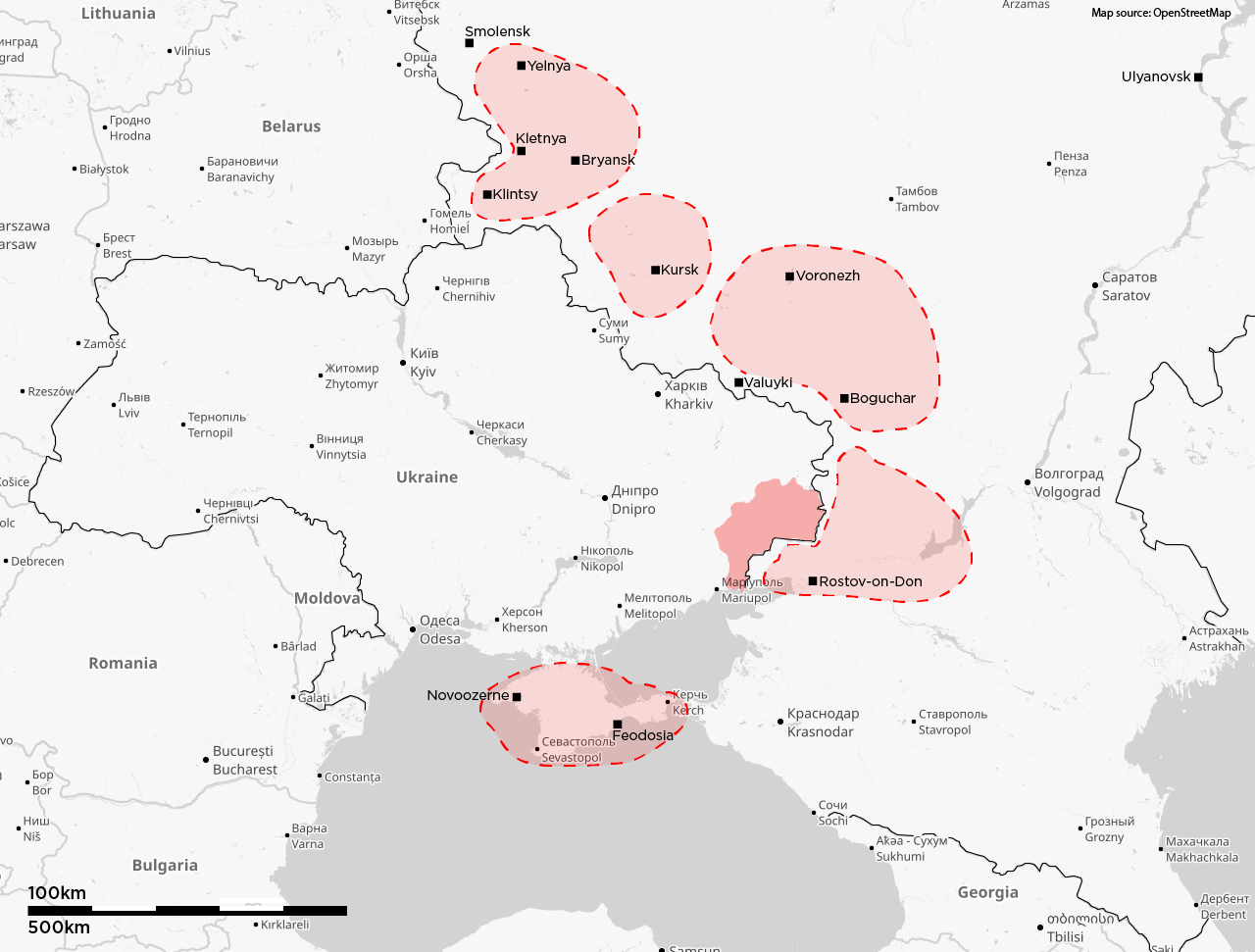Where to go from here?
JCPOA News
**So unfortunately I’m a bit out of touch with all of the nuance going on with these negotiations over the past two weeks. Some things I have read for following recent events I’ve relegated to tweeting out and others I have not been able to set aside the proper amount of time to provide any decent sort of synopsis of how things stand. See here for a brief summary of the past couple weeks from an Iranian source.
From what I currently understand, these diplomatic talks are back to what was arranged in June with the technicalities figured out for resuming the JCPOA. Still, this has not fixed any of the political or strategic considerations for any of the parties with no one giving ground.
Still, from how things proceed from here I’m quite perplexed. The United States is adamant in holding onto its sanctions policy against Iran. Iran meanwhile demands some gesture of goodwill by removing some sanctions before lowering its nuclear stockpile.
My analysis of how next things might proceed is between two possibilities; some significant breakthrough happens to jumpstart diplomatic efforts or the JCPOA discussions fade from international news and we enter a period similar to 2002-2009.1
Either something gives from either the Iranian or US side to come to terms or the international community will begin to treat Iran like North Korea.
Saudi Arabia begins making ballistic weapons
Something that just made the news but must have factored into these discussions is China helping Saudi Arabia build a ballistic weapons program.
“US officials at numerous agencies, including the National Security Council at the White House, have been briefed in recent months on classified intelligence revealing multiple large-scale transfers of sensitive ballistic missile technology between China and Saudi Arabia, according to two sources familiar with the latest assessments."2
This agreement has been in the works since 2019 but seems to be making enough progress to start factoring into things at the strategic and diplomatic level. This OSINT news by Dr. Jeffrey Lewis of Middlebury Institute was first seen back in early November and something I missed.3
“A robust Saudi missile program would introduce new challenges to constraining other missile programs in the region. To take just one example, Iran’s missiles, which are a major concern to the U.S., would be more difficult to constrain in the future without parallel constraints on a growing Saudi program,” Panda told CNN.4
Iran’s Perspective
The Tehran Times gives an interesting perspective on why there is a sense of urgency by the US.
“The real reason why Blinken and Malley set deadlines for the talks is that they want to put more pressure on Iran to pocket more concessions while giving nothing viable in exchange. Iran has seriously engaged in the Vienna talks with a 40-strong negotiating team that presented two draft proposals carefully crafted in line with the terms of the JCPOA."5
Not much more than Iran saying will not concede 10 concessions to the EU’s one in that piece. I did want to highlight some of Iran’s own position. I don’t do this enough and I’m working more to fix this.
Iraq calls for Direct Talks between US and Iran
Foreign Minister Fuad Hussein called for direct talks between the two countries, reported by AP.
I’m not sure if anything will come from this proclamation but I thought it was worth addding to the rundown.
Saudi Arabia and Iran Talks
Talks in Baghdad are set to reconvene for these two regional neighbors for a fifth round. Things have been frosty since 2016 and I really don’t know what the result from these discussions will be.
Yemen’s Civil War
This is a factor in the broader negotiations going up from the bilateral negotations between the two countries and into a consideration for the JCPOA discussions. This interview discusses this aspect in further depth and can be listened to below.
Other Global News
Ukraine/Russia border news
Russia has amassed over 100000 troops over the past few weeks. The best OSINT source on these troop movements was done by the Atlantic Council’s DFRLab.6

Also some two other sources I’ve read about on this issue.
Source by FT on the political side.
An op-ed by the Irish Times for some historical perspective.
*This issue I don’t follow as closely and have simply added some resources I’ve come across in reading more on this issue.
Closing
I’m curious to see what next week will bring but my pessimism continues to grow for these future nuclear discussions.
-
This second option was proposed by by George Perkovich for Carnegie in his piece ““A Ticking Time-Bomb?”. Taken from George’s third scenario where he summarizes 3 possible outcomes for reaching any nuclear accords with Iran. Best source that simplifies the current state of affairs. https://carnegie-mec.org/diwan/85988 ↩︎
-
https://www.cnn.com/2021/12/23/politics/saudi-ballistic-missiles-china/index.html ↩︎
-
https://www.armscontrolwonk.com/archive/1214345/saudi-arabia-producing-ballistic-missiles/ ↩︎
-
https://www.cnn.com/2021/12/23/politics/saudi-ballistic-missiles-china/index.html ↩︎
-
https://www.tehrantimes.com/news/468360/Why-U-S-creates-a-sense-of-urgency-on-Vienna-talks ↩︎
-
https://www.tehrantimes.com/news/468360/Why-U-S-creates-a-sense-of-urgency-on-Vienna-talks ↩︎